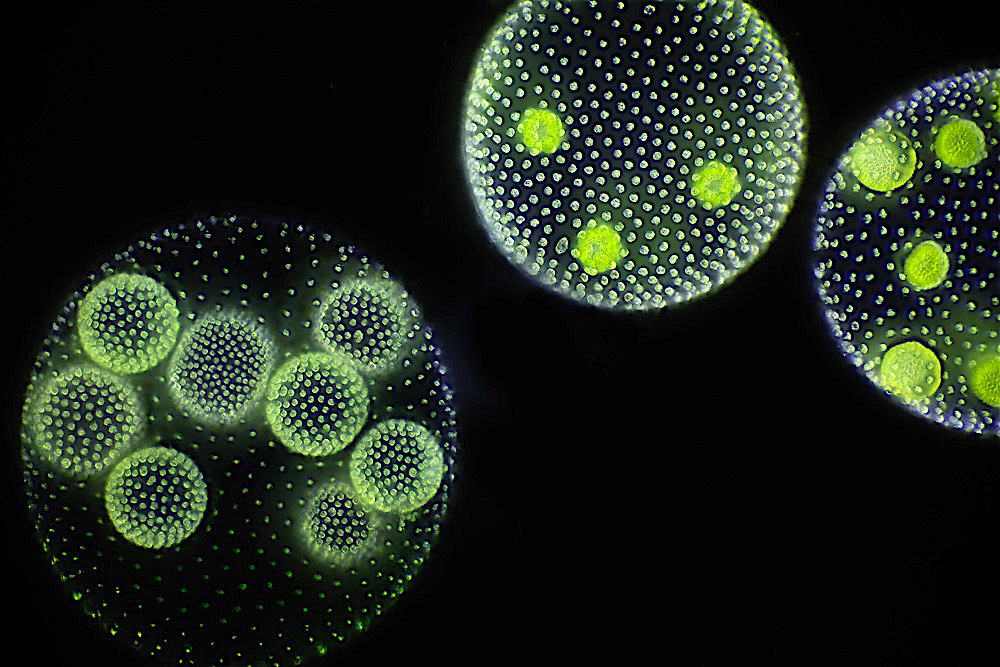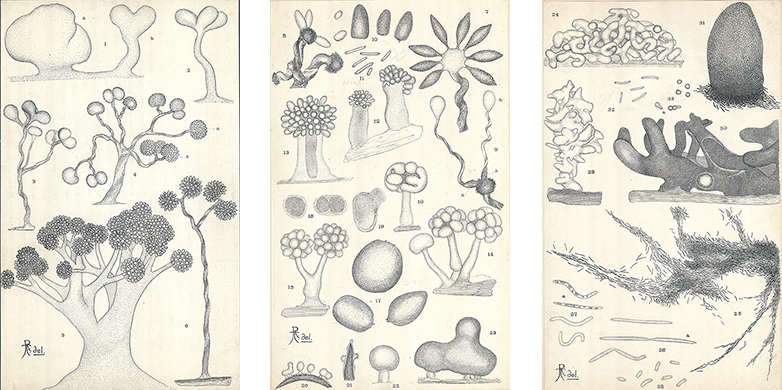We are grateful to Paul Humphreys (University of Virginia) for blogging this week on his book Emergence, new from Oxford University Press. To view all his posts on a single page, click here.
3. Two Types of Fundamentality
Today’s entry addresses a type of argument that will be familiar to most of you, the argument that all higher level natural facts in our world logically supervene on the fundamental physical facts.[1] Consider a very simple world, which we can call Checkers World. It behaves exactly like a game …







